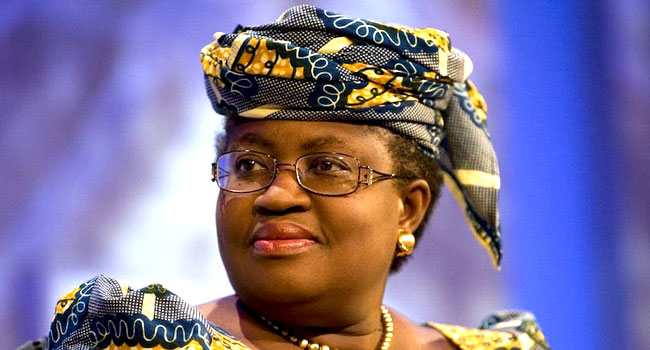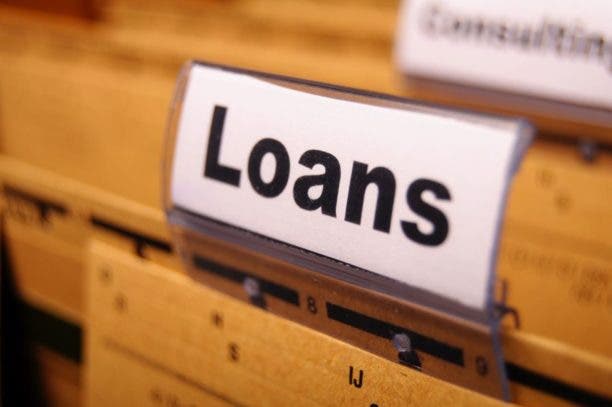
The Director-General, World Trade Organisation (WTO), Dr. Ngozi Okonjo-Iweala, has called on African leaders to stop relying on foreign aids and focus on mobilising domestic resources to attract investments and drive economic growth.
Okonjo-Iweala emphasised that African leaders need a mindset shift, saying the continent is blessed with vast untapped financial and natural resources that could drive sustainable development.
While speaking on the sidelines of the African Union meeting in Ethiopia, the WTO chief advised that foreign aid should be considered a thing of the past.
She said, “Africa really needs to change its mindset about access to aid. We should begin to see it as a thing of the past,”
“Our focus should be on two key areas — attracting investment and mobilising domestic resources.”
According to her, Africa holds approximately $250 billion in pension funds, but much of the funds is invested outside the continent, rather than being channelled into local economies.
“The biggest pension funds are in South Africa, followed by Nigeria, Kenya, Morocco, Botswana, and Namibia. These resources are hugely significant, and we need to find ways to tap into them,” she said.
The former Minister of Finance also called for the recapitalisation of Africa’s multilateral development banks, including the African Finance Corporation. She said this would expand their balance sheets and increase funding for key projects.
“At present, these institutions have a combined balance sheet of about $70 billion, but our infrastructure needs alone exceed $200 billion annually. Instead of looking outward for financial support, we must strengthen our own institutions,” she disclosed.
She further stressed the urgent need for African nations to take control of their vast mineral wealth, particularly lithium, manganese, and copper, which are key resources for electric vehicle battery production.
She urged that Africa develop its processing industries to create jobs, boost intra-continental trade, and discontinue exporting raw materials without value addition.


